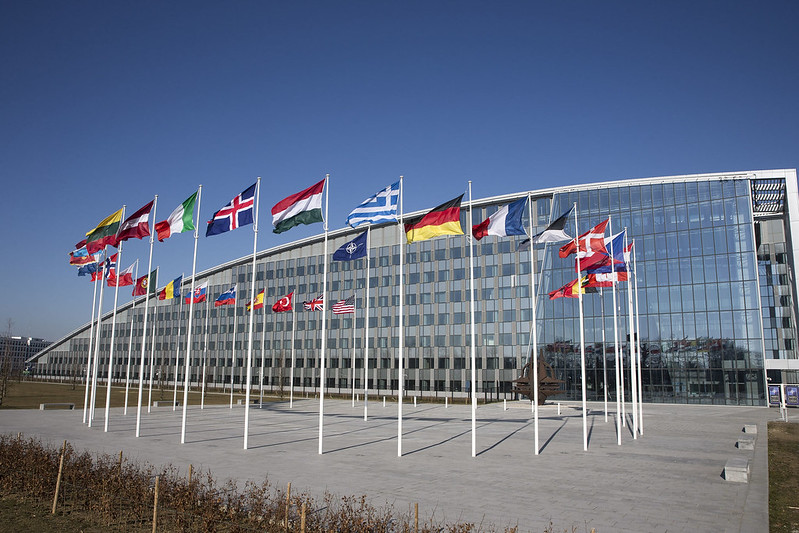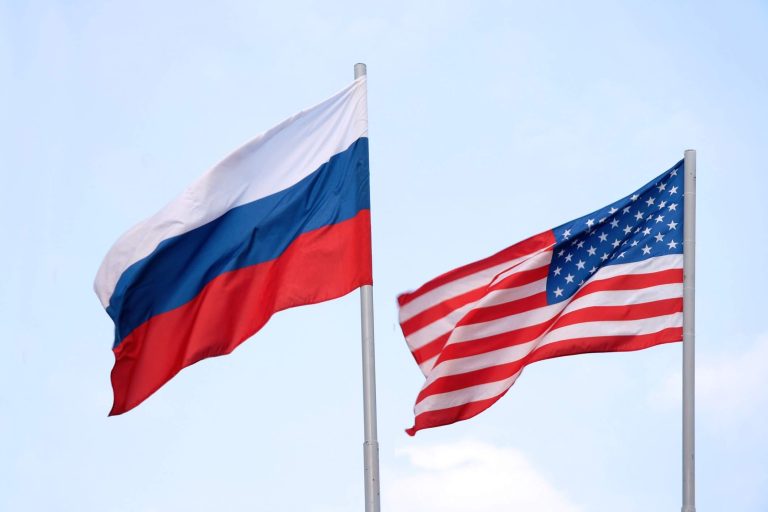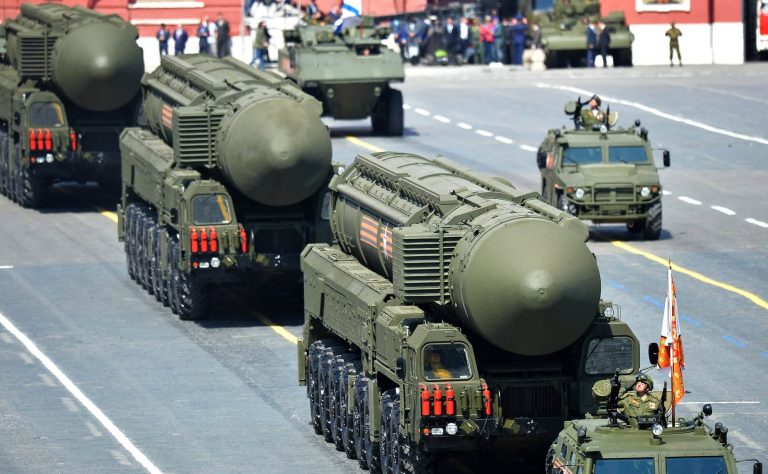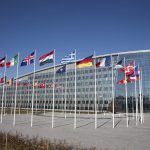In a strong message that has caught global attention, the new NATO chief has warned BRICS countries (Brazil, Russia, India, China, and South Africa) about continuing trade with Russia during its ongoing war in Ukraine. The warning comes at a time when BRICS is expanding its influence—and when the West is trying to isolate Russia economically and diplomatically.
So why is NATO speaking out now? What kind of pressure or restrictions could they apply? And how will BRICS nations respond? Let’s break it down in simple terms.
Who Are the BRICS Nations?
BRICS is a group of five major emerging economies:
- Brazil
- Russia
- India
- China
- South Africa
Together, they represent over 40% of the world’s population and about a quarter of global GDP. These countries often position themselves as an alternative voice to Western powers like the US and the European Union.
Recently, BRICS has also expanded, inviting more countries to join—such as Egypt, Iran, Argentina, Ethiopia, Saudi Arabia, and the UAE. This gives BRICS even more economic and political weight on the world stage.
What Did the NATO Chief Say?
NATO’s new Secretary General recently warned that countries continuing to support Russia through trade—especially by supplying dual-use goods (civilian items that could help the Russian military)—may face consequences.
He didn’t mention any specific country by name, but the message was clearly aimed at China, India, and other BRICS members that continue to trade with Russia despite Western sanctions.
In his words:
“It’s not acceptable for countries to sit on the fence while benefiting from global trade, and at the same time, help fuel Russia’s war machine—directly or indirectly.”
Why Is NATO Upset?
NATO and its allies have imposed massive sanctions on Russia since it invaded Ukraine in 2022. These include:
- Cutting Russian banks off from international finance
- Blocking technology exports (especially chips and drones)
- Sanctioning Russian oil and gas
- Freezing Russian assets overseas
These measures are meant to weaken Russia’s economy and limit its ability to wage war.
However, many BRICS countries have:
- Continued buying Russian oil and gas (often at discounted prices)
- Exported goods that could be used for military or industrial production
- Helped Russia bypass sanctions through new financial channels and trade routes
This undermines the goal of isolating Russia—and NATO wants it to stop.
What Kind of Restrictions Could NATO Impose?
NATO itself is not a trade organization. But its member countries (like the US, UK, Germany, France, and Canada) have a lot of power when it comes to economic pressure.
Here are some tools they could use:
1. Secondary Sanctions
These are sanctions placed on companies or individuals in third-party countries (like India or China) who do business with Russia. For example, if an Indian company supplies parts to a Russian military contractor, it could be banned from doing business in the US or Europe.
2. Trade Restrictions
NATO countries could limit exports or technology sharing with nations that are helping Russia. This could include semiconductors, machinery, software, or defense equipment.
3. Financial Penalties
Banks or financial systems used to move money between Russia and BRICS nations could be cut off from SWIFT or other international platforms.
4. Diplomatic Pressure
BRICS countries could face reduced access to Western markets, funding, or cooperation. This could affect development aid, military partnerships, or climate agreements.
Why BRICS Nations May Not Listen Easily
Here’s the twist: BRICS countries have their own interests, and many are not willing to fully align with NATO or the West.
1. India
India has increased its imports of cheap Russian oil, saving billions. It says this is about energy security, not politics. India has also tried to stay neutral—maintaining ties with both Russia and the West.
2. China
China is Russia’s biggest trading partner. While not openly supplying weapons, it sells goods like vehicles, electronics, and tools that can be used in military production. China also has its own tension with NATO, especially over Taiwan and the South China Sea.
3. South Africa and Brazil
These countries often criticize what they see as Western hypocrisy and want more balanced global leadership. They don’t want to be forced to take sides.
4. Iran, Egypt, Saudi Arabia (New BRICS Members)
Many of these nations have deep energy ties with Russia or want to challenge US influence in the region. They may be less likely to comply with NATO’s warnings.
A New Cold War?
The growing divide between Western alliances (like NATO and the G7) and emerging powers (like BRICS) is creating what some are calling a “New Cold War.”
Instead of clear military blocs, the conflict today is economic, technological, and diplomatic. Countries are choosing sides—or trying not to choose at all.
NATO’s warning to BRICS is part of a larger effort to shape the world order and limit Russia’s global support network. But BRICS, confident and expanding, may push back.
What Could Happen Next?
- NATO allies might expand secondary sanctions in the coming months, especially targeting companies in India, Turkey, and China that are linked to Russian supply chains.
- BRICS may respond with tighter internal cooperation, including creating alternative trade systems like their own digital currency or payment networks.
- Global trade may become more divided, with some countries leaning West and others choosing the BRICS path.
The big question is whether the world will split into two rival economic systems, or if diplomacy can help bridge the growing gap.
Conclusion
The NATO chief’s warning to BRICS nations shows how serious the West is about stopping Russia’s war in Ukraine—not just on the battlefield, but in the marketplace.
As the BRICS alliance grows in size and influence, this clash is no longer just about Russia—it’s about who gets to set the rules of global trade and power in the years to come.
The world is watching closely. Will BRICS stay firm, or will pressure from NATO and its allies change their path? Either way, the next few months could reshape global politics in a big way.







